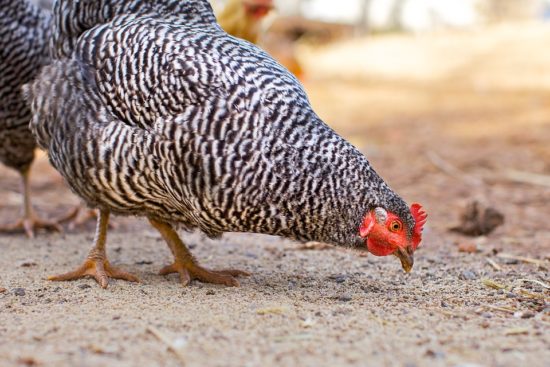The role of phages: A fight against antibiotic resistance in poultry farms in Kenya
Scientists at the International Livestock Research Institute (ILRI) are looking at using phages to kill strains of bacteria that are known to cause disease in poultry farms in Kenya. In Kenya, agriculture contributes towards 26% of the gross domestic product (GDP), and poultry farming represents 30% of the total agricultural GDP. Kenya has an estimated poultry population of 31 million birds, of this 75% are indigenous chickens, 22% of broilers and layers and 1% of breeding stock.
Several diseases affect poultry farming and pose a risk to the health of the farmers and consumers, such as salmonellosis, caused by Salmonella bacteria which are responsible for foodborne infections. Antibiotics are widely used in the poultry farms in Kenya to treat or prevent Salmonella infection, improve growth rates and feed efficiency of chickens. However, this is contributing to the emergence of antibiotic resistance and is a growing concern in Salmonella. Alternatives to antibiotics are urgently needed for the control of these bacteria.
A collaborative project between the Laval University in Canada, and ILRI, funded through Canada’s International Development Research Centre (IDRC) and the UK government’s Global AMR Innovation Fund managed by the Department of Health and Social Care (DHSC), hope to find alternatives to antibiotics by using phages.
AMR NEWS
Every two weeks in your inbox
Because there should be one newsletter that brings together all One Health news related to antimicrobial resistance: AMR NEWS!





